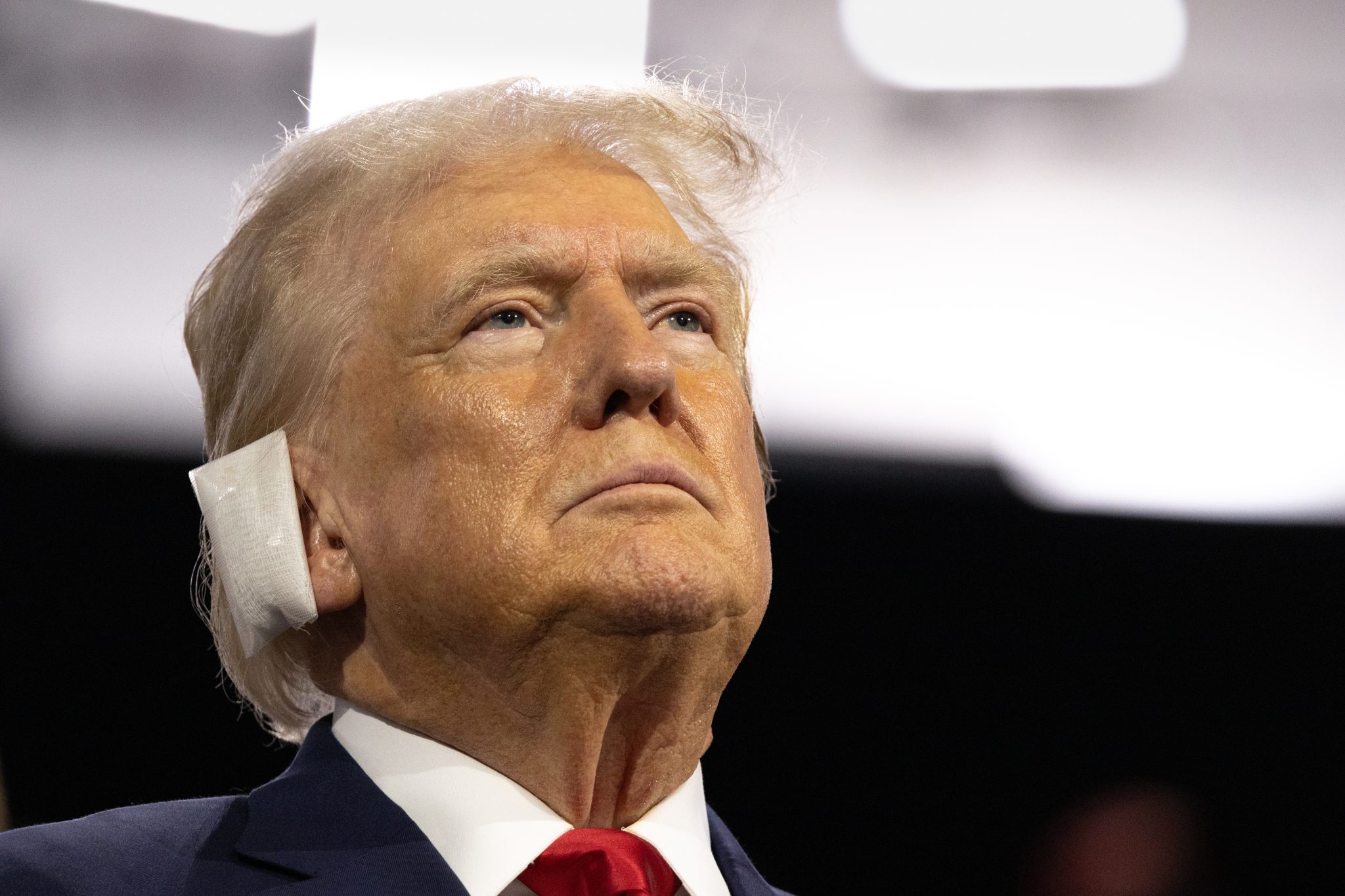Quiet Voters, Big CUTS – Bill ADVANCES Fast

The White House is leveraging voter polling data to convince GOP senators that supporting the reconciliation bill will boost their political standing back home.
At a Glance
- Senate committees are now releasing their proposals for the House-passed reconciliation package as the legislative process advances
- The House plans to vote on President Trump’s $9.4 billion package of spending cuts targeting foreign aid and other programs
- House Majority Leader Steve Scalise champions the cuts as eliminating “waste, fraud, and abuse”
- Some Republicans, like Rep. Don Bacon, oppose cuts to specific programs such as PEPFAR (AIDS relief)
- Speaker Johnson notes minimal public response to the reconciliation measure so far
Trump Administration Pushes Budget Cuts Package
The House is preparing to vote on President Trump’s proposed rescissions package, which would cut $9.4 billion from foreign aid and other spending areas, including public broadcasting. This effort represents the administration’s first major attempt to fulfill campaign promises of reducing government spending and eliminating programs deemed wasteful. The package is likely the first of several similar proposals expected from Trump and the Office of Management and Budget in the coming months.
House Majority Leader Steve Scalise has emerged as a vocal supporter of the cuts. The Louisiana Republican views the package as essential to establishing fiscal discipline in Washington. Senate committees, meanwhile, have begun releasing their own versions of the reconciliation bill, with the Senate Banking, Housing and Urban Affairs Committee already publishing its text. The administration is carefully monitoring these developments as the legislation moves through both chambers.
— Bee 🐝 (@bee_human_) February 13, 2025
Mixed Republican Response to Proposed Cuts
Despite strong support from leadership, not all Republicans are fully on board with the reconciliation package. Representative Don Bacon of Nebraska has expressed concerns about potential cuts to PEPFAR, the President’s Emergency Plan for AIDS Relief, which was established under former President George W. Bush. Bacon’s stance highlights the delicate balance Republican leaders must maintain as they push forward with spending reductions while preserving popular programs.
“I just want to make sure we’re funding the medicine. We want to prevent AIDS, it’s a noble program, it’s George Bush’s legacy. I put the marker out there; we’ll see.”, said Rep. Don Bacon, R-Neb.
Speaker Mike Johnson has noted the relatively quiet public response to the reconciliation measure so far. According to Johnson, Republican congressional offices have received “almost no calls” regarding the bill, suggesting citizens may be taking a wait-and-see approach to the proposed cuts. This limited reaction could provide Republican lawmakers with flexibility as they navigate the details of the package.
White House Strategy and Additional Legislative Activities
While the budget reconciliation process unfolds, the House is simultaneously addressing other priorities, including bills targeting local operations in Washington, D.C. These measures focus on issues such as noncitizen voting and a D.C. policing overhaul law. The Senate is occupied with confirming Trump nominees and considering a stablecoin regulation bill, demonstrating the broad legislative agenda being pursued alongside the budget reconciliation package.
“The rescissions request sent to Congress by the Trump Administration takes the federal government in a new direction where we actually cut waste, fraud, and abuse and hold agencies accountable to the American people.”, stated House Majority Leader Steve Scalise, R-La.
The House Appropriations Committee has also begun the markup process for fiscal 2026 appropriations, while Senate appropriators are conducting subcommittee hearings. These include a Defense Appropriations Subcommittee hearing featuring Defense Secretary Pete Hegseth and Joint Chiefs of Staff Chairman Gen. Dan Caine. Treasury Secretary Scott Bessent is scheduled to appear before the Financial Services Appropriations Subcommittee amid ongoing tax and trade debates crucial to the administration’s economic agenda.
